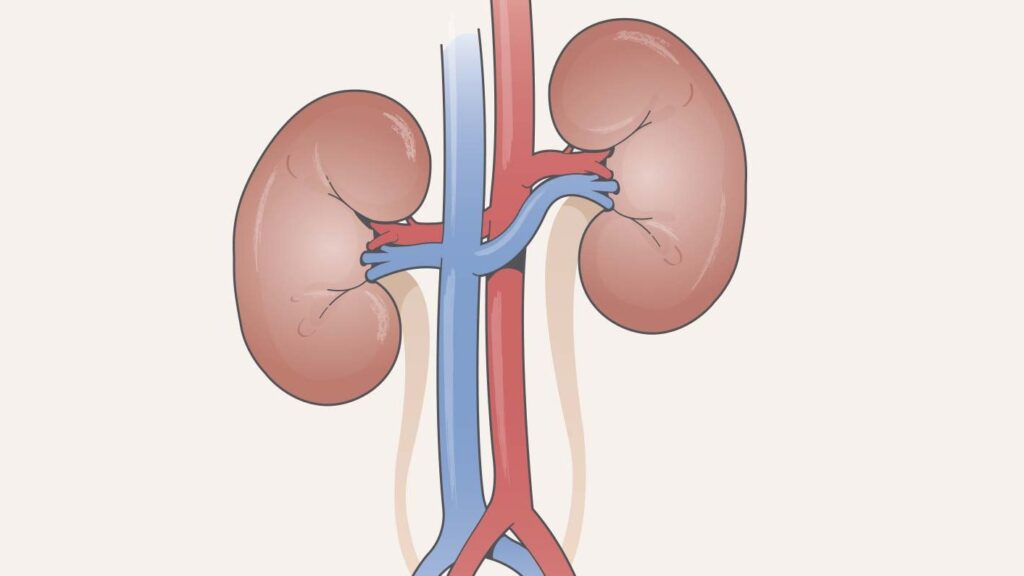Kidneys are two bean shaped and approximately large fist sized organs in our body which are located under our rib cage, one on each side of our spine.
It purifies our blood by eliminating excess fluids and wastes thereby producing urine. Our each kidney has millions of tiny filters which are known as nephrons. Generally, every minute, our kidneys purify around half a cup of blood. They also makes our bones strong, maintains red blood cells production and electrolytes levels in the body.
Necessary Works of Kidneys:
- Via the renal artery blood enters to our kidneys from the heart.
- By going through the nephrons, blood gets filtered.
- Then the wastes go through the ureter and get stored in the bladder as urine.
- And when the bladder is full, the urine passes out of the body through urethra.
- Filtered or fresh blood returns back to the bloodstream.
Serious Kidney Conditions:
Kidney Stones: Kidney stones are one of the most common and severe kidney conditions. It may happen when the minerals in the urine becomes larger and form a stone, which blocks the path of urine flow. Sometimes, kidney stones pass their own with the urine flow.
Kidney Cancer: Kidney cancers are of several types. Though, renal cell carcinoma is one of the most common kidney cancer types. And the main cause considered behind this kidney cancer type is smoking.
Polycystic Kidney Disease: This hereditary kidney disease may occur when cysts clusters are develop in the kidneys, which interferes the kidney functioning.
Pyelonephritis: Uncured infection in bladder can spread bacteria, which may infect the kidneys. This type of infection generally cause back pain and fever.
Glomerulonephritis: Overactive immune system may attack your kidneys by mistake, which can cause inflammation as well as some damage to the kidneys. Over time glomerulonephritis can also cause kidney failure.
Chronic Renal Failure: In this situation the kidneys partially lose the ability of blood filtering and urine production. Hypertension and diabetes is the main reason behind kidney disorder.
For diagnosing any kind of kidney disorder, your doctor may suggest you these tests: urinalysis, kidney biopsy, blood tests, kidney ultrasound, MRI scan, CT scan, and ureteroscopy.
Also, many kidney disease treatments are available today, depending upon the severity of your condition the treatment you may go for.
For any type of kidney disorder diagnosis or health diagnosis, contact Aloka Medicare and book an appointment today!


